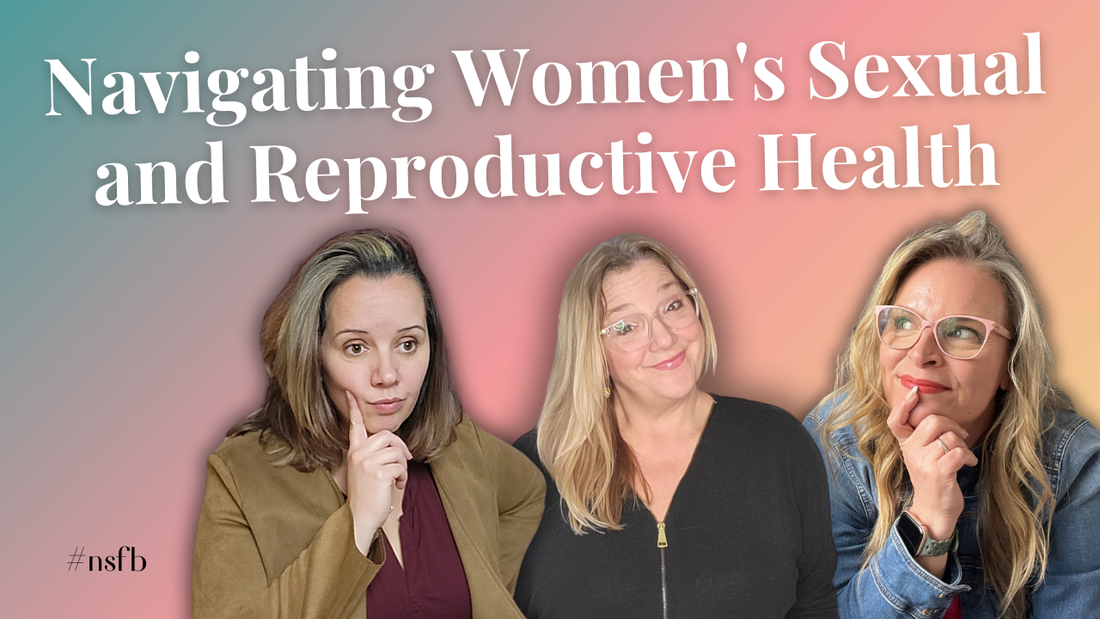
Episode: 14 - Navigating Women's Sexual and Reproductive Health
Share
In shedding light on these topics, we aim to spark supportive discussions around brunch tables, offering insights into how these conditions impact women's lives. Understanding their impact on intimacy, fertility, and mental well-being is essential—it's time to open up and support one another.
Breaking the Silence
Women's reproductive health is frequently misunderstood, shrouded in shame, and often dismissed. By initiating conversations on these topics, we aim to shine a light on real-life struggles, offering support and sharing personal stories. Sharing is caring, after all, so let's normalize these discussions and empower each other to seek help and advocate for our health.
Understanding Common Disorders
Many women suffer from conditions like endometriosis, polycystic ovary syndrome (PCOS), and fibroids, yet awareness remains limited. These disorders can cause debilitating symptoms—such as heavy bleeding, pain, hormonal imbalances, and infertility—that impact daily life and relationships. While symptoms often vary, the need for robust medical support and understanding is universal.
The Emotional Impact
The mental toll of dealing with these disorders cannot be underestimated. Chronic pain, hormonal imbalances, and societal pressures contribute to anxiety, depression, and strained relationships. Developing a supportive network is vital in navigating these challenges.
Communicating with Partners
Effective communication with partners is essential for managing intimacy issues related to reproductive disorders. Openness about pain and limitations fosters understanding and helps maintain a healthy emotional connection. Exploring alternative forms of intimacy, such as non-sexual touch and emotional bonding, can be beneficial.
Advocating for Better Healthcare
Persistent advocacy in healthcare is crucial. Medical gaslighting and lack of awareness can lead to delayed diagnoses. Keeping a detailed journal of symptoms, seeking second opinions, and educating oneself on available treatments are key steps in advocating for proper care.
Seeking Support and Building Community
Whether through in-person support groups, online forums, or professional counseling, building a community of understanding and empathy is invaluable. Shared experiences and advice from those who have been through similar struggles enhance our ability to cope and find solutions.
Conclusion
By sharing knowledge and personal journeys, we create a platform for others to feel heard and validated. Let's embrace the opportunity to be trailblazers in our circles, asking questions and listening without judgment. The more we talk, the more we learn, and the stronger we become together. Elevate these critical conversations, support one another, and foster an environment of understanding and healing. Your voice matters.
